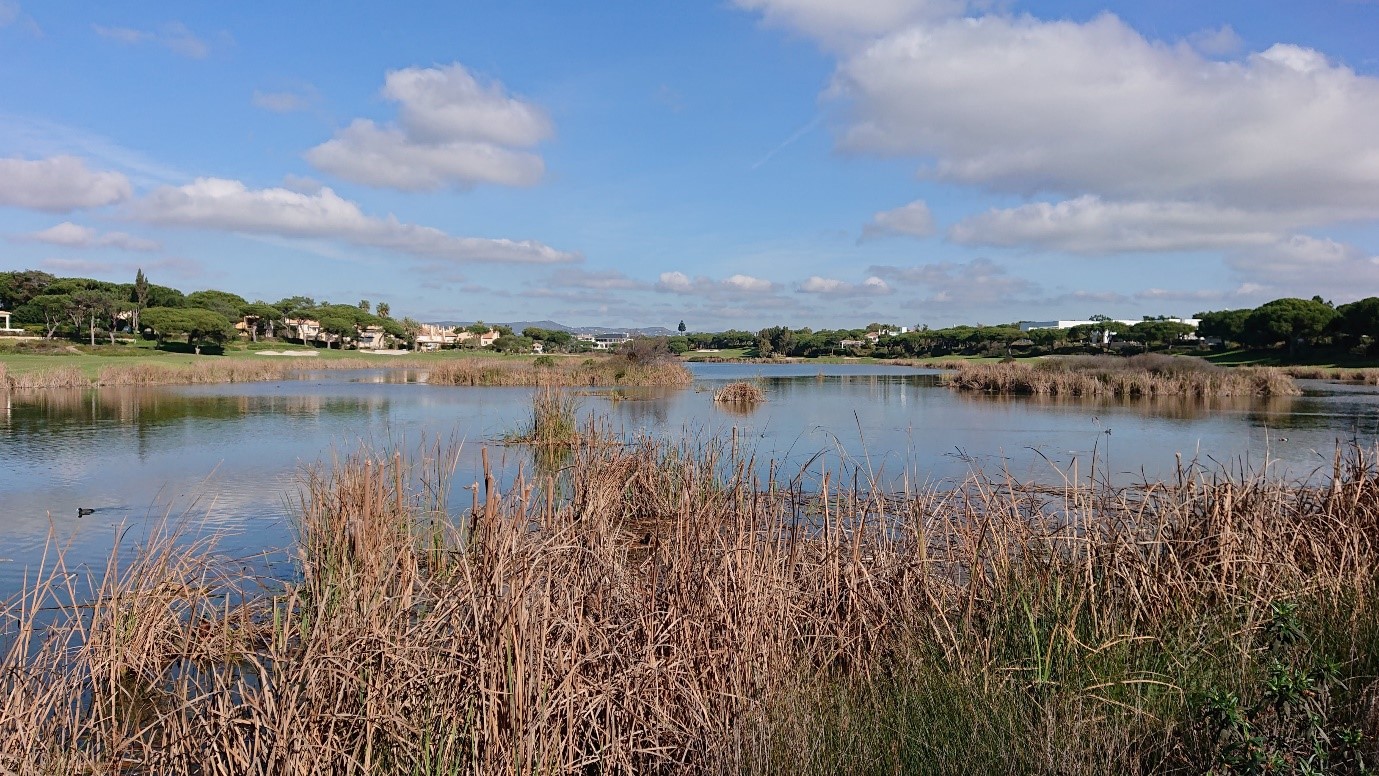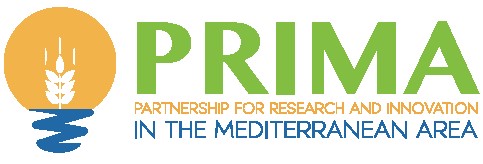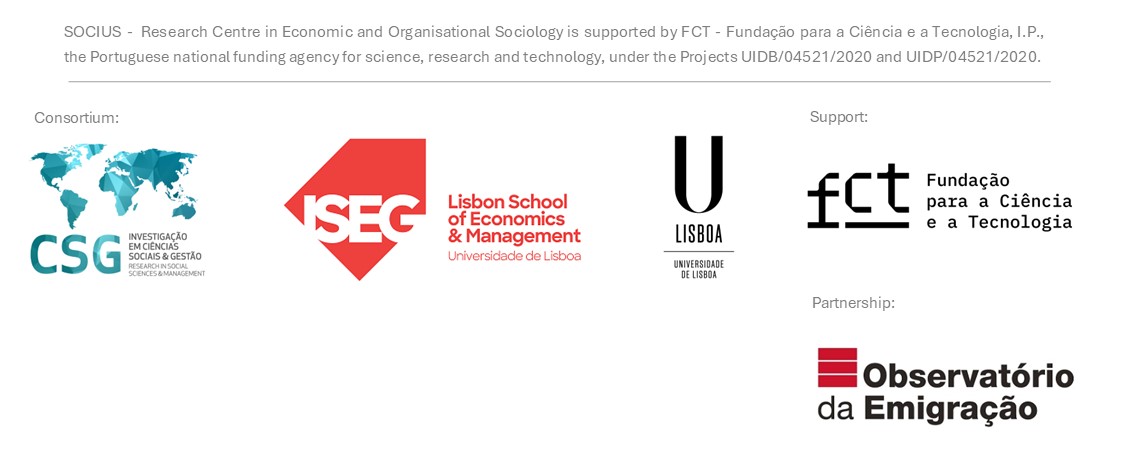
Groundwater management is subject to distinct complexities such as uncontrolled overexploitation and pollution. One critical issue for groundwater management is data availability. Data and information systems are key to sustainable groundwater management, providing knowledge on the system status and dynamics and supporting the development of groundwater models and management rules.
eGROUNDWATER will support sustainable participatory groundwater management in the Mediterranean by designing and testing enhanced information systems (EIS) integrating citizen science and ICT-based tools. Innovative EIS will improve the understanding of groundwater systems, support modelling and management tools and contribute to engage stakeholders in the co-development of sustainable groundwater management strategies.
Information sources include earth observation (drones, remote sensing), sensors, ICT tools (e.g. mobile apps) and engagement of citizens and stakeholders into information gathering (citizen science).
Data will be uploaded to the ICT-based platform, tailored to and validated in four case studies in Algeria, Morocco, Portugal and Spain, with different data availability and features. Enhanced data availability will help to improve control of groundwater abstractions and overexploitation, supporting sustainable groundwater management and farming activities.
eGROUNDWATER will examine the socio-economic implications of enhanced information systems including potential benefits, learning and interactions between users, managers and other stakeholders. Easy-to-use and comprehend Serious Games will be based on advanced scientific principles (agent-based model, system dynamics), providing an immersive experience to users (groundwater stakeholders and policy-makers). New information will strengthen the understanding of the groundwater cycle and will enable the adoption of improved resilient, sustainable and participatory groundwater management rules.
The research focuses on four case studies: the Requena-Utiel aquifer (Spain), the Timimoun oasis (Algeria), the Aim TImguenay aquifer (Morocco) and the Campina de Faro aquifer (Portugal).
In Spain, IIAMA researchers are studying the Requen-Utiel aquifer, which is in precarious quantitative conditions, and requires the development and application of an exploration plan to ensure its sustainability, including the implementation of mechanisms that guarantee the control of the water use.
The Algerian partners are continuing their investigation in the Timimoun oasis, where traditional agriculture is threatened by the recent proliferation of irrigation wells, which lower the level of groundwater.
Moroccan researchers address the case of the Aim TImguenay aquifer. Its small size and the small size of the agricultural plots, which irrigate it, represent a barrier to the implementation of traditional information systems, because farmers cannot bear this cost.
The team of Portuguese researchers is studying the Campina de Faro aquifer, which has several problems, such as the contamination of the Ria Formosa lagoon by nitrates, due to agricultural activities and the progressive decrease in groundwater levels, caused by tourism.
In Portugal, the ISEG team is responsible for assessing the institutional transitions necessary for changing sustainable management practices. ISEG should also lead the development of pathways, which allow the sustainable groundwater management strategies to be scaled at the country level, tested in the case studies.
INSTITUTIONS:
Coordinated by IIAMA-UPV (Instituto de Ingeniería del Agua y Medio Ambiente da Universitat Politècnica de València); with the participation of ISEG, in Portugal, and research centers in Algeria, Spain, France and Morocco.
TEAM:
In Portugal, the ISEG team is led by Marta Varanda (SOCIUS), in partnership with Sofia Bento (SOCIUS).
SUPPORT:
PRIMA program (Partnership for Research and Innovation in the Mediterranean Area), funded by the European Union, Horizon 2020.
DURATION: 4 years
URL: https://egroundwater.com/


eGROUNDWATER
This project is part of the PRIMA programme supported by the European Union’s Horizon 2020 research and innovation programme.
#PRIMAProjects #Research & #Innovation @EuScienceInnov @EU_H2020




